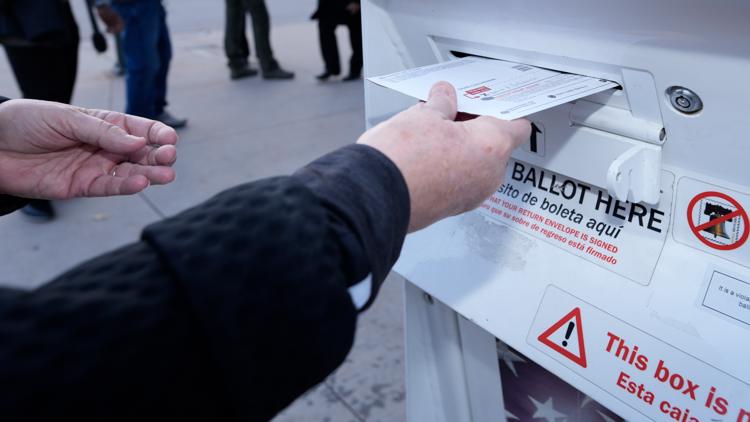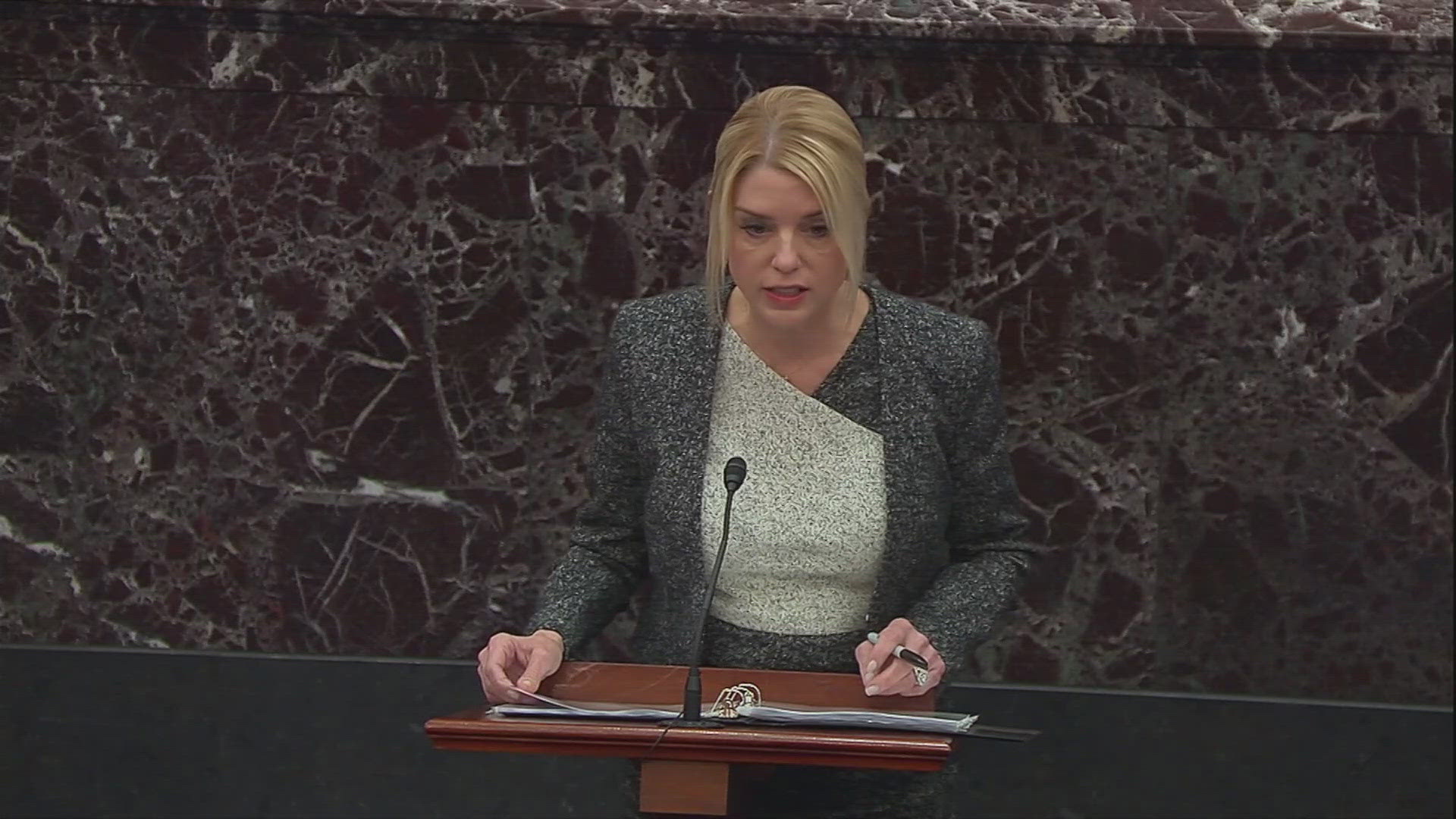DENVER — In addition to more than a dozen statewide ballot questions, voters in Denver will have several citywide questions on their ballots including two asking to bump up the city's sales tax.
The following list is not comprehensive. It is a snapshot of some of the biggest issues on Denver ballots. You can find all of Denver's ballot issues here.
Ballot Issue 2Q: Denver Health Funding
Denver's voters will be asked to approve a sales tax increase this November to keep Denver Health afloat. The hospital is struggling with the cost of uncompensated care. City Council agreed in June to put the tax increase on the ballot.
If approved by voters, the .34% sales tax increase would bump Denver's sales tax over 9%. Denver Health estimates it would bring in up to $70 million annually.
As a safety net hospital, Denver Health doesn't turn away patients, even if they cannot pay. In 2023, the hospital reported it lost $136 million treating uninsured patients. They estimate about 10% of that cost went to migrant care.
Denver Health said if the tax measure fails, and the hospital can't get more state or federal funding, the hospital would consider cutting services.
Ballot Issue 2R: Affording housing
The measure asks Denver voters to hike the city’s sales tax by 0.5%to generate $100 million that Mayor Mike Johnston said will be used to fund affordable housing projects.
Johnston unveiled the proposal in July. The measure had a rough time getting through city council, with some council members expressing concern about the fast timeline to get it on the ballot. Ultimately, city council voted 9-4 to send the proposal to the ballot.
Referred Question 2R: Allowing DACA recipients to serve as police and firefighters
Despite having work authorization, DACA recipients cannot currently serve as police officers and firefighters in Denver. The city's charter has a U.S. citizenship requirement on the application, blocking DACA recipients from applying.
The requirement prompted an investigation eight years ago into the Denver Sheriff's Office and found it discriminated "based on citizenship status by requiring applicants for deputy sheriff positions to be U.S. citizens."
City Council passed a ballot measure to allow dreamers to be eligible for the positions. Because the language for requirements is outlined in the city's charter, it must be changed by voter-approved initiatives.
Initiated Ordinance 308: Animal fur ban
The ordinance would ban certain animal fur products' manufacture, distribution, display, sale or trade in Denver. There are some exceptions for things like second-hand sales or Native American tribes using fur products for "traditional tribal, cultural, or spiritual purposes."
The group Pro-Animal Future is behind the measure. The same group is behind another ordinance that would ban slaughterhouses in Denver.
Opponents including farming and ranching advocacy groups and the National Western Stock Show worry about the economic impact on agricultural producers and indigenous fur sellers.
Initiated Ordinance 309: Slaughterhouse ban
The ordinance would ban the construction, maintenance or use of slaughterhouses in Denver. The group Pro-Animal Future is behind the measure.
A "YES" vote would shut down the city's only slaughterhouse, the employee-owned Superior Farms lamb processing facility near the Western Stock Show Complex. The ban would put the facility's employees out of work by early 2026, although the ballot initiative specifically calls for them to be prioritized in new workforce training programs.
Opponents, like the Colorado Livestock Association, say the closure would have a devastating impact on local ranchers and the domestic food supply.



